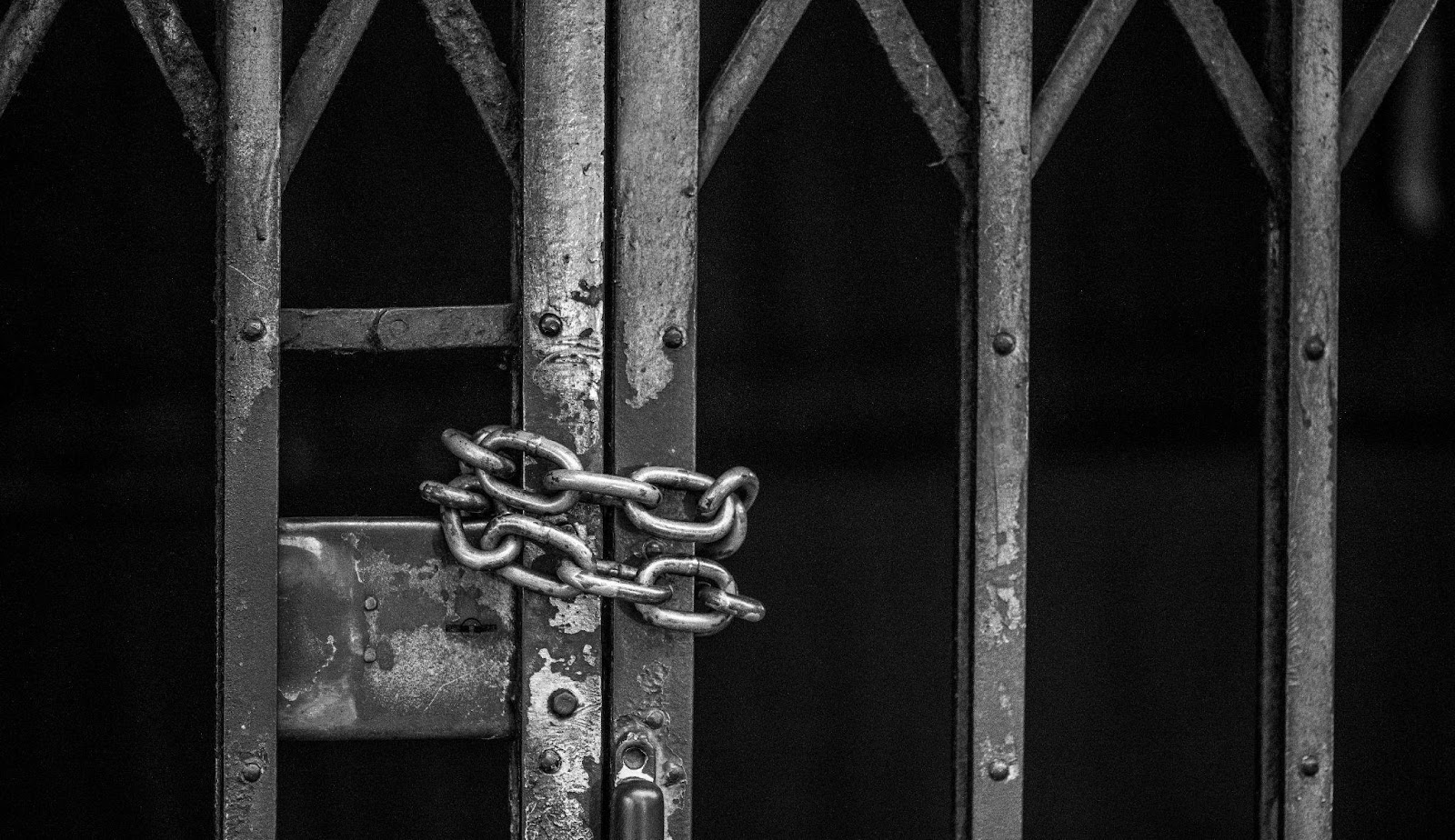
In a rare display of judicial frustration, the Alabama Supreme Court on September 6, 2025, refused to hear a high-profile case challenging the state’s prison work release program as unconstitutional slavery, instead sending it back to the Court of Civil Appeals with pointed criticism of the lower court’s decision to transfer it upward.
The move highlights growing tensions within Alabama’s legal system over how to interpret the state’s newly rewritten constitution, particularly its prohibition on “any form” of slavery or involuntary servitude.
The Constitutional Challenge
Four Alabama inmates participating in the state’s work release program brought the lawsuit, arguing that while they want to work, the punishment system for those who refuse or cannot work violates Alabama’s recently amended constitutional ban on slavery and involuntary servitude.
The case represents a direct challenge to long-standing prison labor practices in a state where such programs have historically been integral to both corrections policy and economic arrangements with private businesses.
The inmates’ argument centers on a crucial distinction: they’re not opposing work itself but rather the coercive punishment system that enforces it.
According to their attorney Jessica Vosburgh, a senior staff attorney for the Center for Constitutional Rights, “They want to work. They just don’t want to be subjected to punishments if they don’t work.”
The punishments at issue include:
- Revocation of phone privileges.
- Loss of commissary access.
- Suspension of visitation rights and home passes.
- Placement in solitary confinement.
- Unfavorable discipline reports affecting parole eligibility.
These sanctions, the plaintiffs argue, transform what should be voluntary work programs into systems of forced labor that run afoul of constitutional protections.
An Unusual Judicial Journey
The unusual judicial journey has been anything but typical. After a Montgomery circuit court ruled against the inmates in 2024, they appealed to the Alabama Court of Civil Appeals.
However, the Alabama Attorney General’s Office intervened with an unusual argument: the case belonged in the Supreme Court because it involved both novel constitutional questions and damages exceeding $50,000—the threshold for Supreme Court jurisdiction.
The Civil Appeals court accepted this argument earlier in 2025 and transferred the case upward. But in Friday’s ruling, the Supreme Court expressed clear displeasure with this decision, finding the lower court’s reasoning deeply flawed.
The justices wrote that they found “nothing novel” about the constitutional issues raised and expressed bewilderment at the monetary threshold argument.
“We are also perplexed as to why the Court of Civil Appeals automatically assumed that the ‘amount involved’ for a constitutional-rights claim would exceed $50,000 in value,” they stated.
Supreme Court’s Sharp Rebuke
The Supreme Court’s opinion contained unusually pointed language criticizing the Civil Appeals court’s logic. The justices noted a fundamental contradiction in attempting to assign monetary value to constitutional rights while simultaneously suggesting such rights are priceless.
“Moreover, to the extent that the Court of Civil Appeals may have been under the impression that the prisoners’ claims were worth more than $50,000 because constitutional rights are of inestimable value, the holding is contradictory because it places a monetary value on the claimed right while intimating that its value is beyond measure,” the court wrote.
The decision to send the case back was not unanimous:
- Five justices agreed to return the case to Civil Appeals.
- Three justices dissented.
- One justice abstained.
This split reflects ongoing divisions within Alabama’s highest court about how to handle cases involving fundamental rights and prison conditions.

Broader Context: Prison Labor Under Scrutiny
This state case isn’t occurring in isolation.
A separate federal lawsuit filed in 2023 makes even more serious allegations, claiming Alabama’s work release program amounts to “labor trafficking” by keeping inmates who should be paroled locked up specifically to meet labor agreements with private businesses.
Work release programs in Alabama, as in other states, are designed to be voluntary, allowing inmates to gain job skills and earn money while serving their sentences.
However, critics argue that when participation becomes mandatory through a system of punishments for non-participation, the voluntary nature disappears.
The timing of these challenges is significant, coming after Alabama voters approved a new constitution that specifically prohibits “any form” of slavery or involuntary servitude—language that could be interpreted more broadly than previous constitutional provisions.

Legal Implications Moving Forward
The Supreme Court’s decision to punt this case back to the Court of Civil Appeals creates several important precedents and questions for Alabama’s legal system.
First, it establishes that constitutional rights claims don’t automatically warrant Supreme Court review simply because such rights are deemed invaluable. This could affect how future civil rights cases move through the state’s appellate system.
Second, the ruling suggests the Supreme Court views the underlying constitutional question—whether punitive work programs violate anti-slavery provisions—as settled law rather than novel territory.
This interpretation could actually strengthen the inmates’ position when the Civil Appeals court reconsiders the case.
The case also highlights tensions between different branches of state government, with the Attorney General’s office pushing for one interpretation while the courts resist being drawn into what they see as straightforward legal questions being unnecessarily complicated.
What This Means for Alabama’s Prison System
Regardless of how the Civil Appeals court ultimately rules, this case has already sparked important conversations about prison labor practices in Alabama. The state’s corrections system has long relied on inmate labor for both internal operations and external contracts with private businesses.
If the courts ultimately side with the inmates, Alabama may need to fundamentally restructure its work programs to ensure they remain truly voluntary.
This could mean:
- Eliminating punitive measures for non-participation.
- Providing positive incentives rather than negative consequences.
- Ensuring medical and other legitimate exemptions are honored.
- Creating clearer guidelines distinguishing voluntary work from forced labor.
Such changes would have significant operational and financial implications for the state’s prison system and the businesses that have come to rely on prison labor.
Understanding Your Rights in the Justice System
When constitutional rights collide with institutional practices, understanding your legal options becomes crucial.
Whether facing criminal charges, navigating the corrections system, or challenging governmental actions that may violate your rights, having knowledgeable legal representation can make the difference between acceptance of the status quo and meaningful change.
Our experienced attorneys here at Baxley Maniscalco understand the complexities of Alabama’s legal system and constitutional law.
While we don’t handle prison conditions litigation, we help individuals and families navigate various legal challenges, including civil lawsuits, estate planning matters, and family law issues.
If you’re facing legal questions about your rights or need guidance on civil matters in Alabama, contact Baxley Maniscalco at (256) 770-7232 to discuss how we can help protect your interests and ensure your voice is heard in the legal system.
Can't find what you're looking for? Search our site below.










